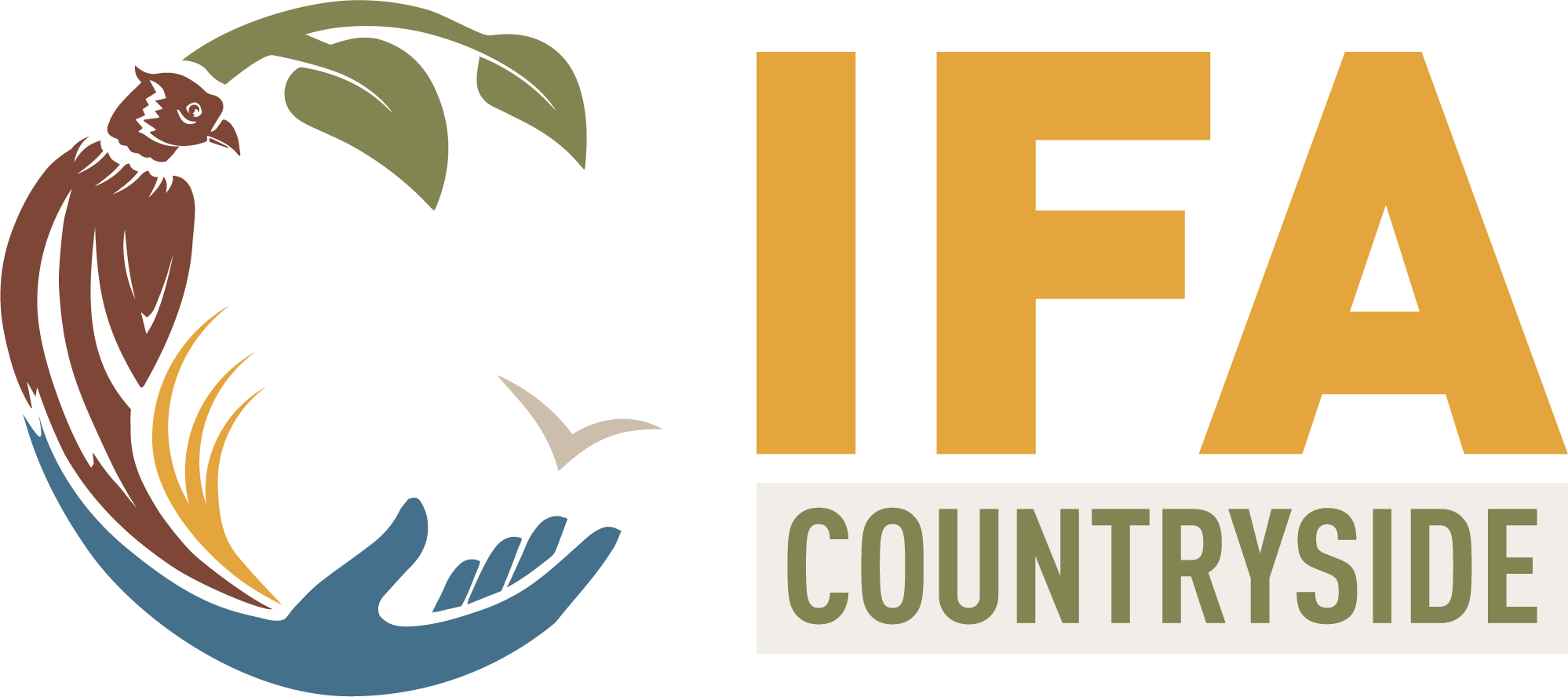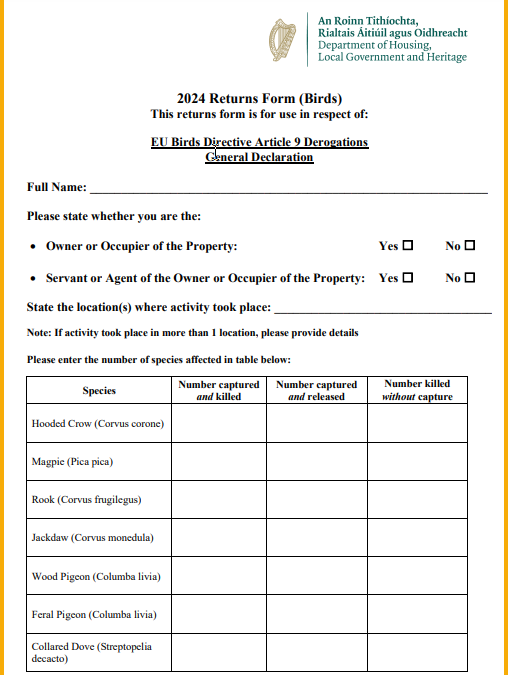
by Barbara Killeen | Apr 9, 2024 | Biodiversity, Conservation, NPWS, Open Seasons, Vermin Control, wildlife management
Recently, representatives from IFA and IFA Countryside met with the National Parks and Wildlife Service (NPWS) at their headquarters. Our discussion focused primarily on the Return form associated with the Article 9 Derogations under the EU Birds...
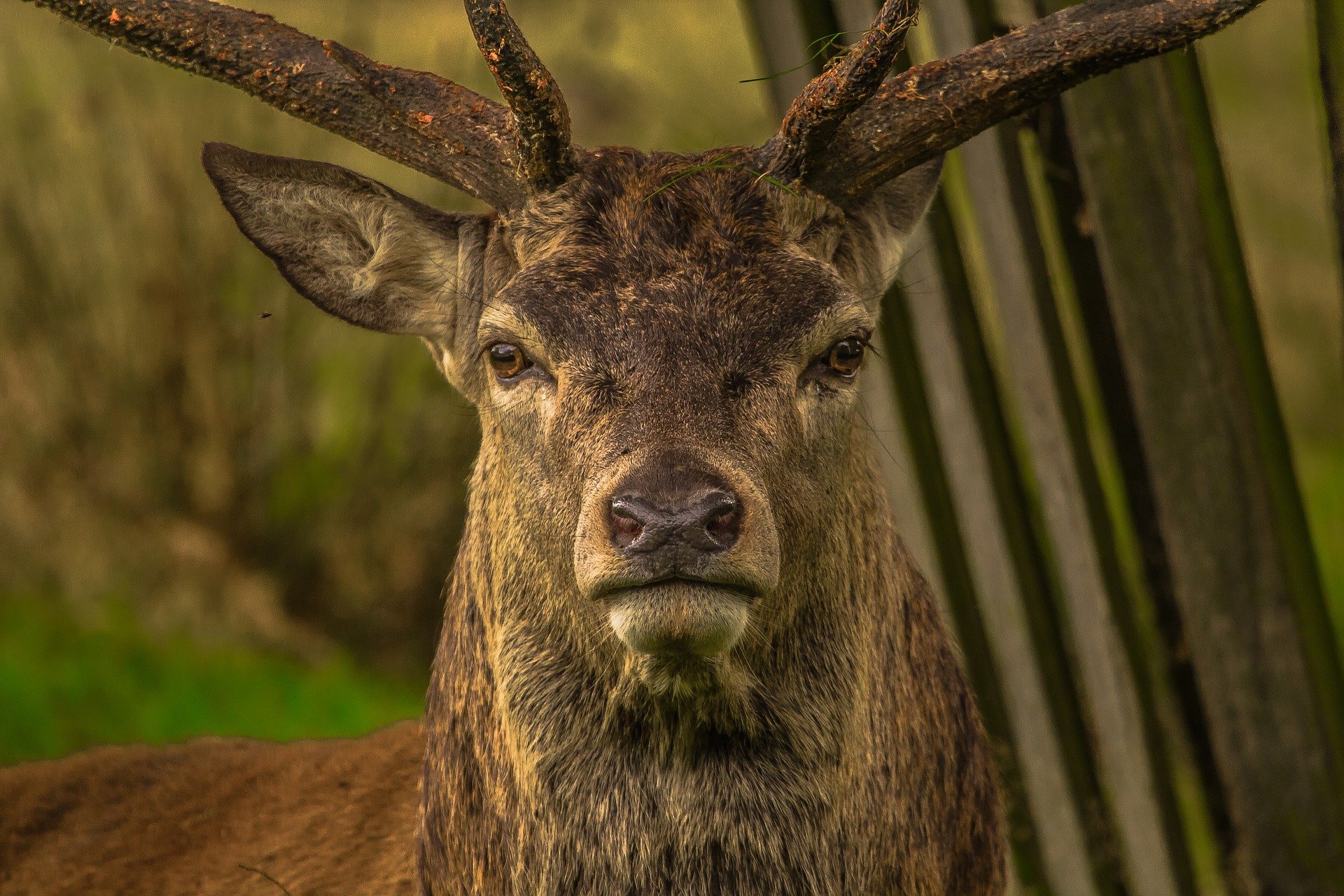
by Barbara Killeen | Mar 11, 2021 | DAFM, Deer Hunting, DEER LICENCES, DEER STALKING, Disease, Vermin Control
Three deer out of 87 tested positive for TB in 2020, the Farmers’ Journal reports here.

by Barbara Killeen | Mar 2, 2021 | Coillte Licences, Deer Hunting, Vermin Control, wildlife management
Following a recent meeting with Coillte, a number of concessions were outlined for hunters. Full details can be found here.
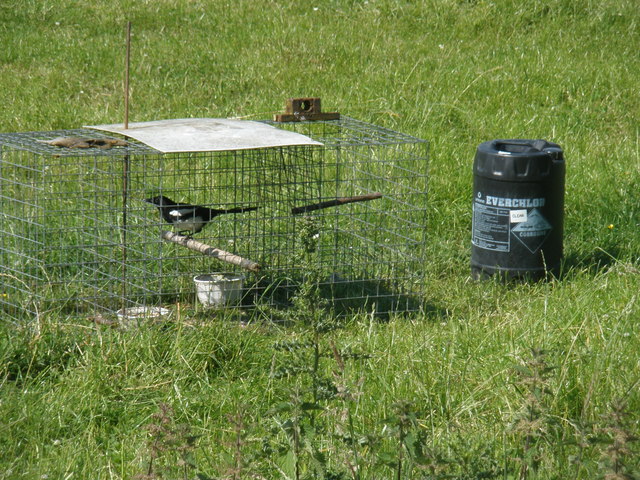
by Barbara Killeen | Feb 18, 2021 | countryside, Trapping, Vermin Control
Ministerial Declarations for the Period May 2020 to April 2021 Under the terms of the EU Birds Directive, all EU member States, including Ireland, are bound to take measures to protect all wild birds and their habitats. The Directive allows Member States to make...
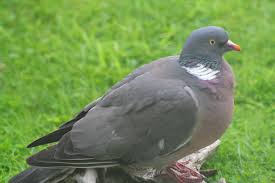
by Barbara Killeen | Feb 3, 2021 | countryside, Environment, Lobbying, NPWS, Shooting, Vermin Control
IMPORTANT The National Parks and Wildlife Service (NPWS) of the Department of Housing, Local Government and Heritage has extended the deadline for members of the public to forward comments/proposals in relation to the control of certain wild bird species. The new...
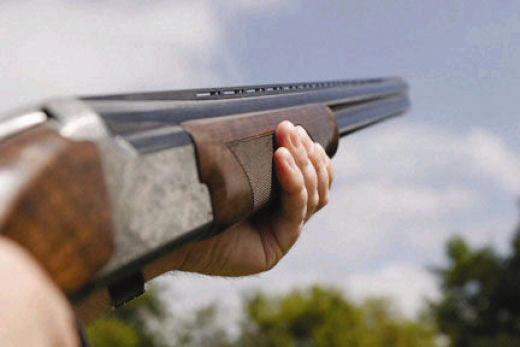
by Barbara Killeen | Sep 10, 2020 | Lead shot, Lobbying, NPWS, Pheasants, Shooting, Uncategorized, Vermin Control
PROPOSED RESTRICTIONS ON LEAD AMMUNITION OVER WETLANDS DISCRIMINATE AGAINST FARMERS IFA Environment and Rural Affairs Committee Chairman Paul O’Brien said he has serious concerns regarding the proposed restrictions on lead ammunition over wetlands. He said the...







